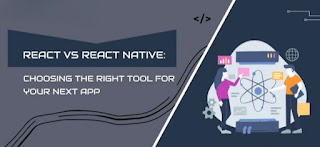GitLab vs GitHub: Which Platform Should You Pick in 2025?

Choosing the right DevOps tool in 2025 isn’t just a technical decision — it's a strategic one. Your selection can affect collaboration, automation, and scalability across the entire development lifecycle. Whether you’re launching a startup or building enterprise-scale systems, the GitHub vs GitLab debate is more relevant than ever. Let’s break it down. The 2025 DevOps Landscape Modern software teams need more than just repositories. They need: Integrated CI/CD Built-in code security Scalable project management Streamlined deployment workflows Both GitHub and GitLab offer this — but with different approaches. GitHub: Open, Flexible, and Built for Developers Key Features: GitHub Actions for powerful CI/CD automation Sleek UI and global developer community Easy integration with tools like Slack, Trello, and VS Code Best For: Startups, open-source contributors, and teams who value collaboration and fast iteration. GitLab: Complete DevOps on...



.jpg)